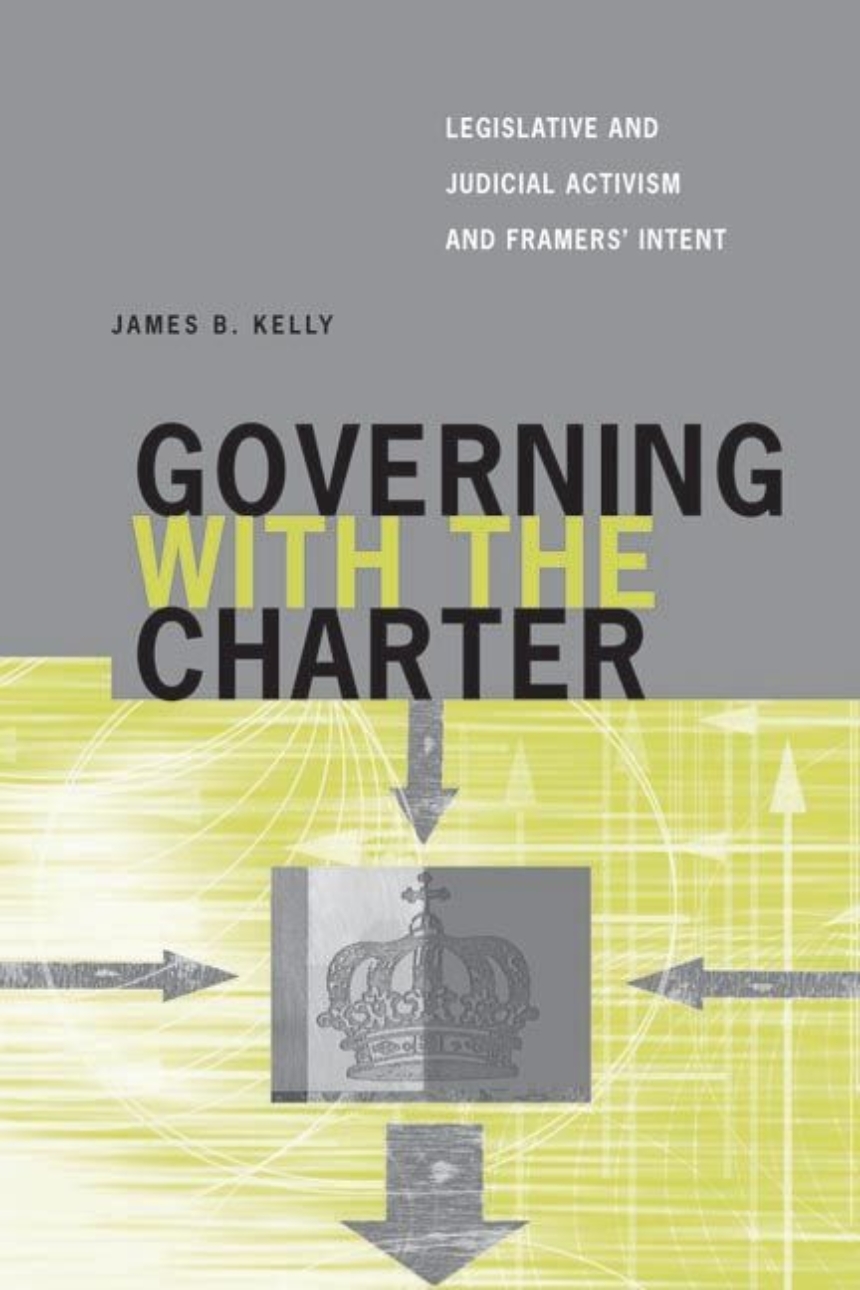University of British Columbia Press
Governing with the Charter
Legislative and Judicial Activism and Framers’ Intent
Distributed for University of British Columbia Press
Governing with the Charter
Legislative and Judicial Activism and Framers’ Intent
In Governing with the Charter, James Kelly clearly demonstrates that our current democratic deficit is not the result of the Supreme Court’s judicial activism. On the contrary, an activist framers’ intent surrounds the Charter, and the Supreme Court has simply, and appropriately, responded to this new constitutional environment. While the Supreme Court is admittedly a political actor, it is not the sole interpreter of the Charter, as the court, the cabinet, and bureaucracy all respond to the document, which has ensured the proper functioning of constitutional supremacy in Canada. Kelly analyzes the parliamentary hearings on the Charter and also draws from interviews with public servants, senators, and members of parliament actively involved in appraising legislation to ensure that it is consistent with the Charter. He concludes that the principal institutional outcome of the Charter has been a marginalization of Parliament and that this is due to the Prime Minister’s decision on how to govern with the Charter.
Table of Contents
Acknowledgments
Acronyms
Introduction
Part 1: Democratic Activism and Constitutional Politics
1 Democracy and Judicial Review
2 Constitutional Politics and the Charter
3 Framers’ Intent and the Parliamentary Arena
Part 2: Judicial Activism and the Supreme Court of Canada
4 The Supreme Court and Police Conduct
5 Guardians of the Constitution
Part 3: Legislative Activism and the Policy Process
6 The Charter and Canadian Federalism
7 Governing with the Charter of Rights
Conclusion
Bibliography
Index

